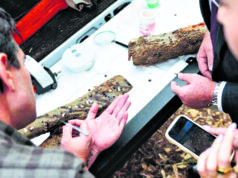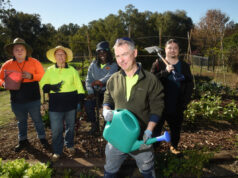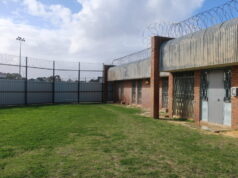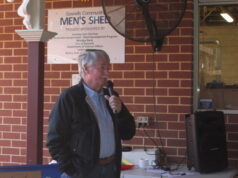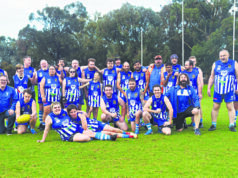
For the past 35 years, veterans have been placed in separate boxes and treated differently depending on when they served.
“The system we’ve inherited … has been done in a very piecemeal way, and it’s really tried to create separate classes of veterans – those that had served overseas, and then separately those that had suffered injuries domestically through training incidents. To that extent they were treated very similarly to public servants,” Minister for Veterans Affairs Matt Keogh said.
“It wasn’t until 2004, in the aftermath of the Black Hawk disaster in Townsville, that a new 21st Century piece of legislation was created.
“But what that has meant is that there’s been three different pieces of legislation covering different periods and doing different things, and no one has been able to create a harmonised ongoing single system for veterans.”
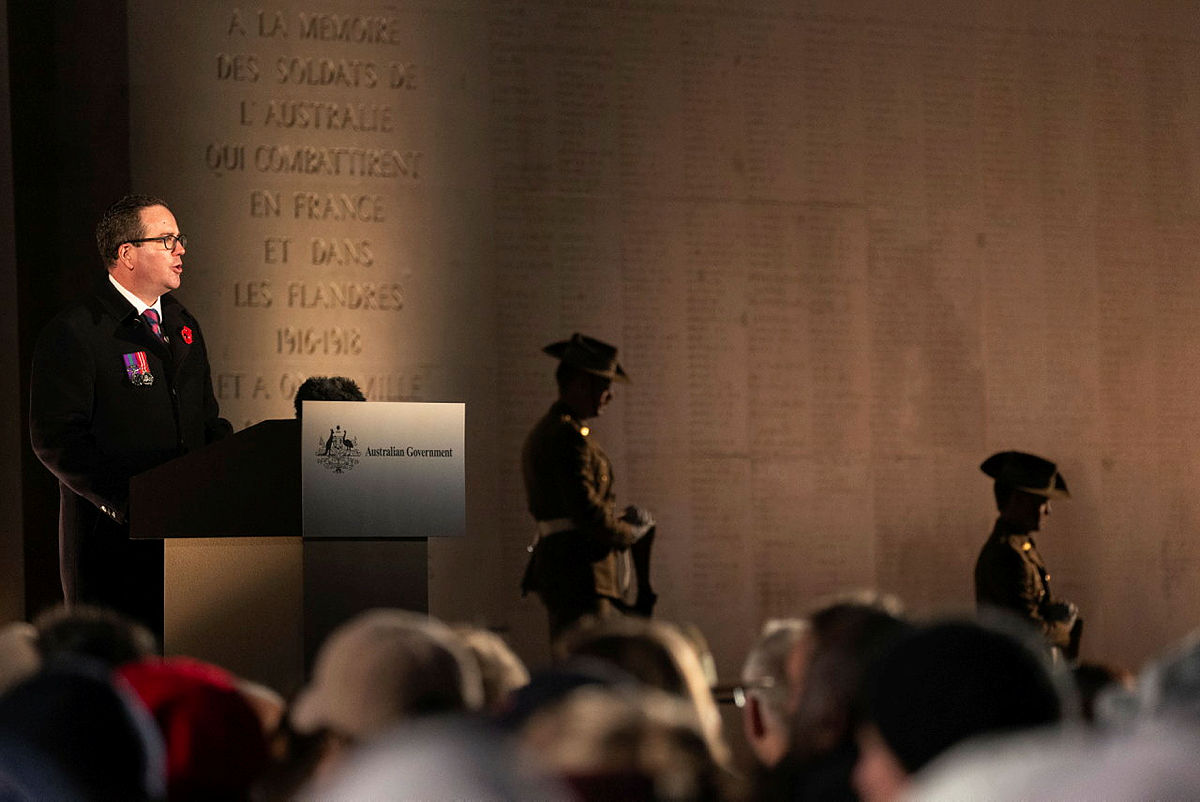
Essentially, this has created a division between classes of veterans.
Something as simple as claiming mileage for trips to medical appointments receives different payouts depending on whether you served in Vietnam, or Afghanistan, for instance.
Funeral allowances are also treated differently, with families of Vietnam veterans who die of service-related conditions eligible for a $2000 allowance – $12,062 less than those whose loved one served in other wars and died from complications relating to their service.
The Royal Commission into Defence and Veteran Suicide in 2021 found that this convoluted and confusing system for seeking entitlements, compensation and rehabilitation, was one of the things compounding trauma for returned service men and women.
For some, it may have even contributed to them taking their own lives.
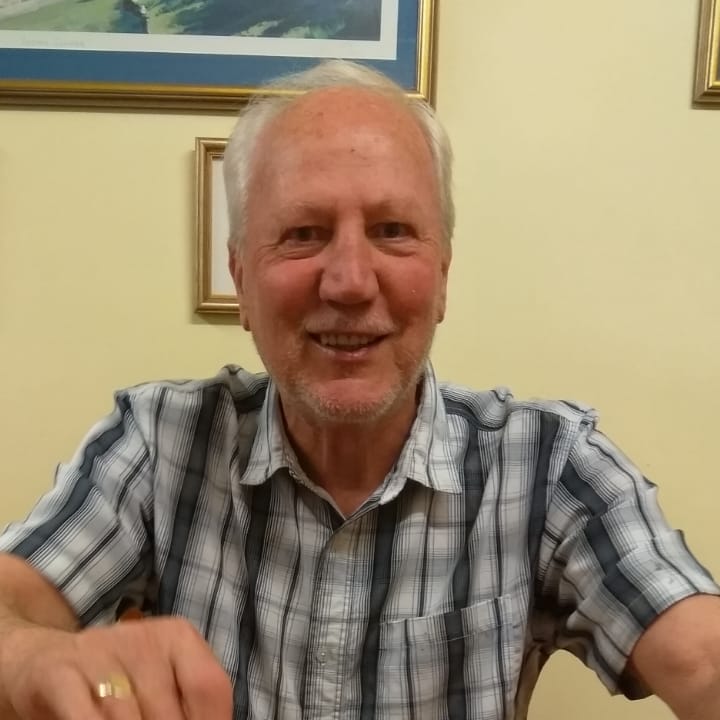
Armadale resident Theo Linden has fought for equal treatment of veterans for the past five years.
He signed up for national service in 1969.
“I wasn’t even an adult and I was being primed with a gun in my hands to go overseas and kill someone in cold blood,” he said.
Mr Linden was called up to serve in Vietnam.
“I did what I had to do. I didn’t actually kill a person, but I was prepared to. And once you’ve made that decision in your mind, it’s as good as,” he said.
He is certain his experience has led to intergenerational trauma and mental health issues in his family.
“There’s a life of agony that we’re living through,” he said.
Standing up and fighting against a system that has “created division in the way people are being treated” was something he had to do.
“There’s no difference between a veteran who fought in Afghanistan, East Timor of Vietnam,” he said.
“They’ve all been exposed to bullets fired at them, and flying all around them.
“We’re entitled to a pension, but we’re not entitled to equal treatment.
“And it’s so difficult to not speak out when there are such grave injustices in front of you.”
The interim report following the Royal Commission submissions and hearings called for the simplification and harmonisation of veteran compensation legislation.
The Australian government made a commitment to do this and also to get rid of the backlog of claims.
In 2023, they started to engage closely with the veteran community and in February this year draft legislation was released which seeks to simplify the veteran compensation system, with all new claims to be considered under a single Act, instead of the current three, creating a level playing field for entitlements.
“So, the key things we’re looking for out of legislative reform are that it’s easier for veterans and families to know what they’re entitled to, that it’s easier for advocates to assist veterans and families get access to that support, and that it’s simpler and quicker for the department to process claims so veterans can get that support that they deserve and need,” Veterans Affairs Minister Keogh said.
“We’re also improving IT systems. And we’ve done a lot of work around the forms – we’ve reduced the number of forms and shortened them.
“This is without a doubt, the biggest improvement of veterans’ compensation and rehabilitation laws for more than a century.”
Consultation on the draft closed at the end of April, and the minister is hoping to secure the passage of the Veterans’ Entitlements, Treatment and Support (Simplification and Harmonisation) Bill 2024 by the end of this year.
Theo Linden said he is grateful to Mr Keogh for making real changes in this space, where so many veterans affairs ministers have failed before him. But he’s not celebrating yet – he’ll believe it when he sees it in action.
If the bill is passed, the new model won’t be implemented until July 1, 2026. And by then there could be a new government.
“My intention is to have this legislation passed before an election. And if we have the support of the Parliament, to have it passed before the end of this year,” Mr Keogh said.
“But I can’t guarantee that if there was a change in government that this legislation wouldn’t be put back on the agenda, and that’s something that people should bear in mind.”


